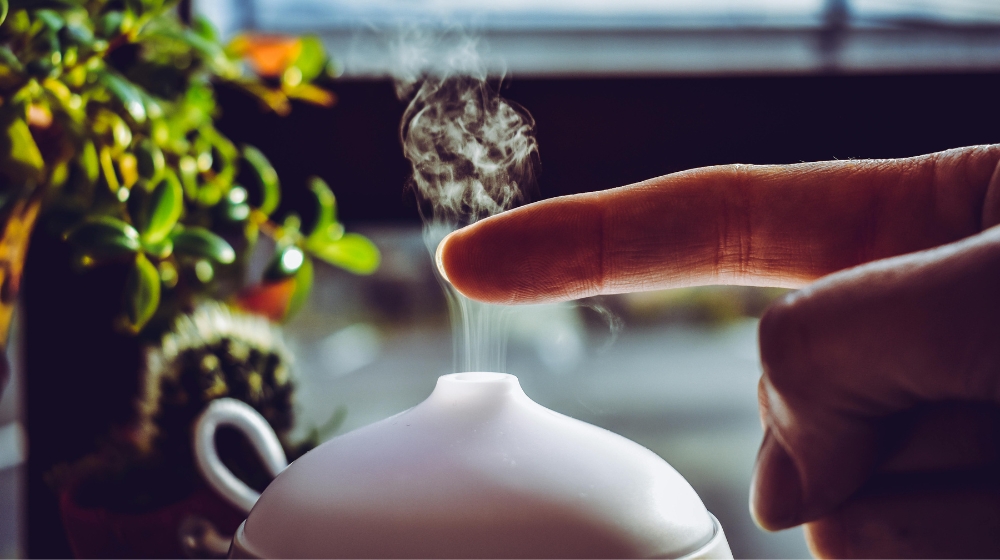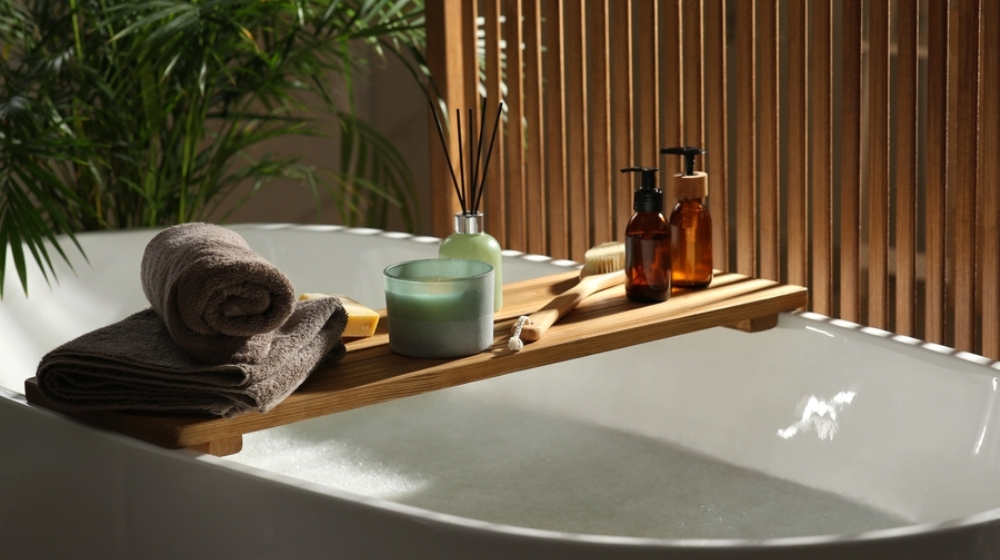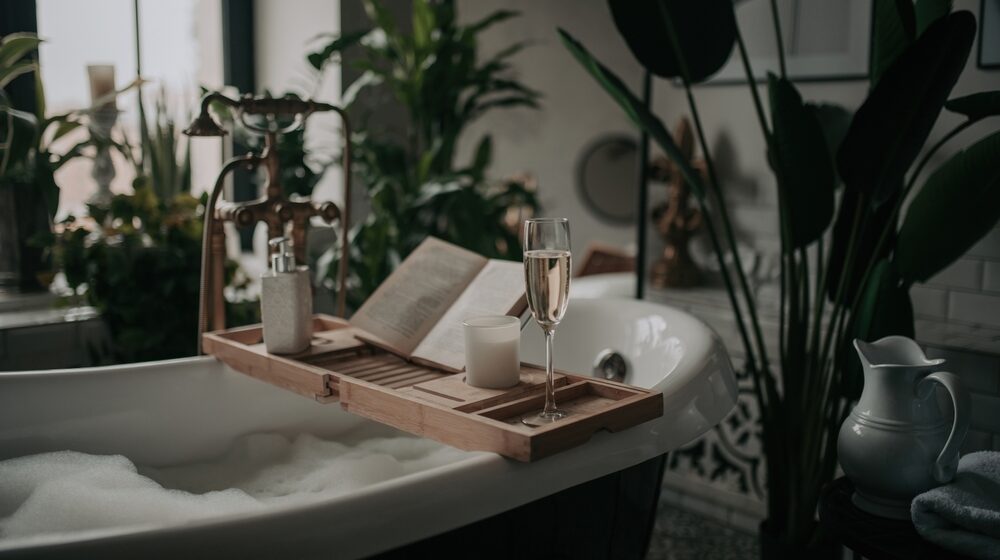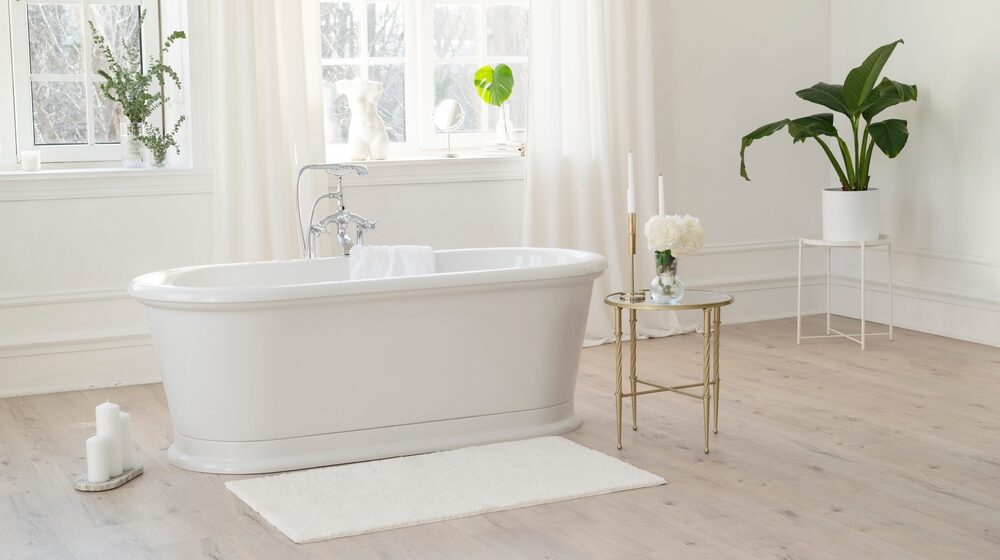Discover why every home needs a high-quality humidifier, as winter arrives. Learn how it protects your health, improves sleep, preserves furniture, and saves energy.
As temperatures drop and winter approaches, our homes transform into warm, cozy shelters. But with the cold weather comes a hidden challenge like dry air. While we often focus on staying warm, maintaining the right humidity level inside our homes is just as important. This is where a high-quality humidifier comes in. In this blog post, we’ll explore why every home needs a high-quality humidifier as the cold arrives and how it can make a significant difference in your comfort and well-being.
1. The Cold Weather Challenge
Winter brings in dry & cold air. When we turn on our heating systems, they strip even more moisture from the air, leaving our homes with low humidity levels. This dry air can lead to various issues, from discomfort to health problems.
A high-quality humidifier addresses this by adding moisture back into the air, creating a more balanced indoor environment. This simple device can make your home feel warmer, reduce static electricity, and protect your respiratory health. As the cold weather arrives, investing in a humidifier becomes essential for maintaining a comfortable and healthy living space.
2. Protect Your Health
Dry air can damage your breathing system. When the air in your home lacks moisture, it can cause your throat, nose, and sinuses to become dry and irritated. This often leads to coughing, a scratchy throat, and even nosebleeds. For those with asthma or allergies, the effects can be even more severe, as dry air can trigger flare-ups and make it harder to breathe.
A humidifier helps by adding moisture to the air, which soothes your airways and makes breathing easier. This is particularly beneficial during sleep, as it reduces the likelihood of waking up with a dry mouth or irritated throat. With a humidifier running in your home, you can breathe easier and enjoy better overall health during the winter months.
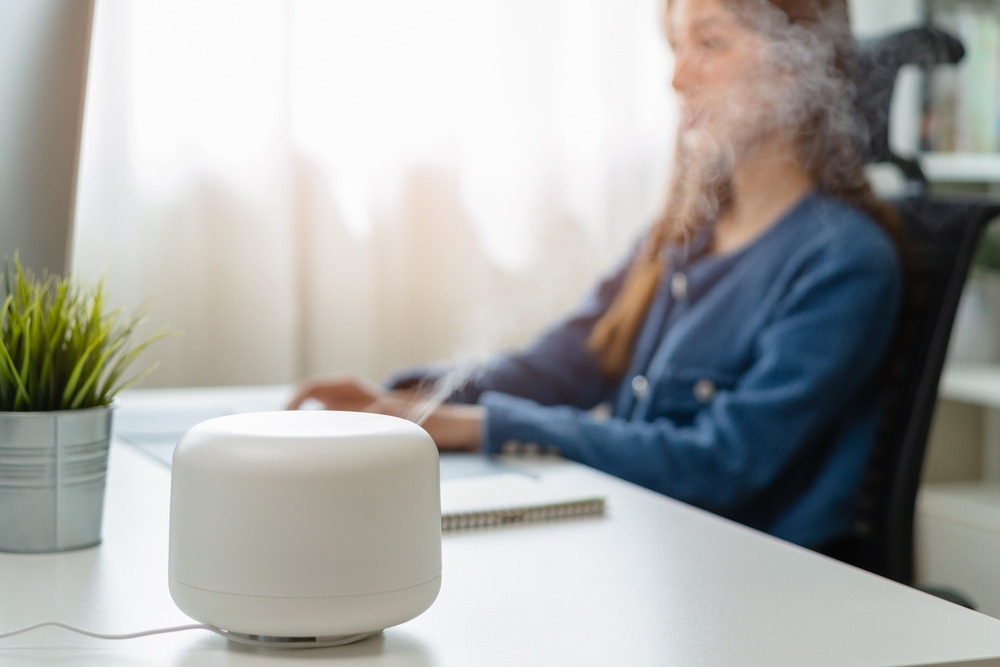
3. Keep Your Skin Glowing
Winter air can be harsh on your skin. The combination of cold outdoor air and heated indoor air can strip your skin of its natural moisture, leaving it dry, flaky, and prone to cracking. This can be especially problematic for those with conditions like eczema, which can flare up in dry conditions.
A high-quality humidifier helps keep your skin hydrated by maintaining optimal moisture levels in your home. When your skin is well-hydrated, it feels softer, smoother, and less prone to irritation. By using a humidifier, you can combat winter dryness and keep your skin glowing all season long.
4. Protect Furniture and Plants from Dry Air
Dry air doesn’t just affect your health—it can also damage your home. Wooden furniture, musical instruments, and even indoor plants can suffer when humidity levels drop. Wood can crack and warp, while plants may struggle to thrive in the dry conditions.
Using a humidifier helps maintain the right humidity levels in your home, protecting your valuable belongings. Your wooden furniture will stay in better condition, and your plants will remain vibrant and healthy. In addition, maintaining proper humidity levels can help prevent wallpaper from peeling and reduce the likelihood of static electricity, making your home more comfortable overall.
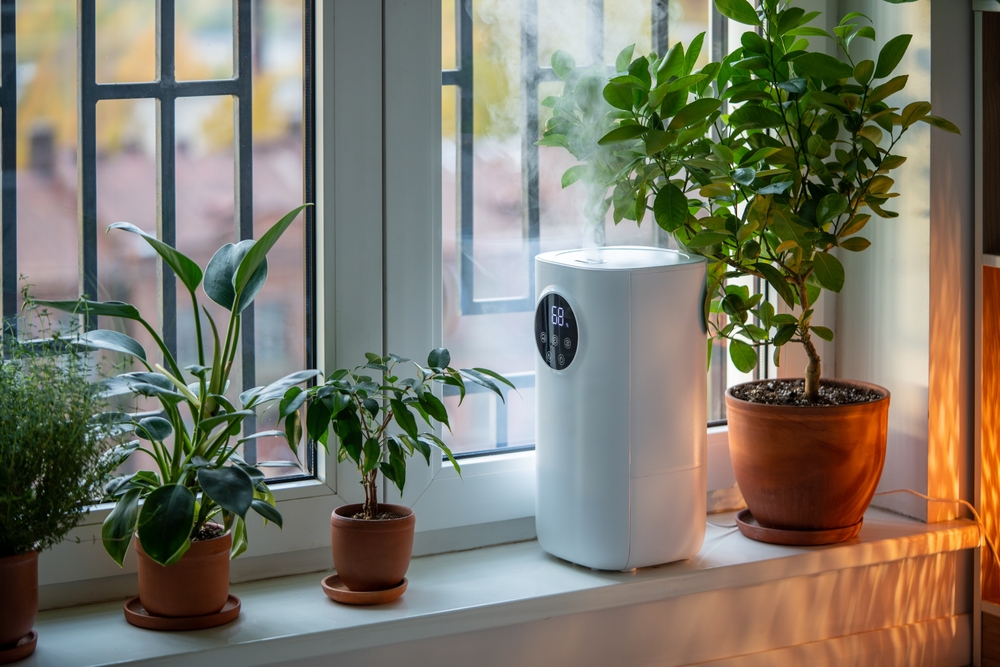
5. Enhance Sleep Quality & Rest Easy with a Humidifier
Getting a good night’s sleep is essential, but it can be challenging when the air is dry. Dry air can lead to snoring, coughing, and an overall uncomfortable sleeping environment. This can disrupt your sleep and leave you feeling tired and groggy in the morning.
A humidifier can make a significant difference in your sleep quality. By adding moisture to the air, it helps to soothe your throat and nasal passages, reducing snoring and making it easier to breathe. With a high-quality humidifier in your bedroom, you can create a more comfortable sleeping environment and enjoy a more restful night’s sleep.
6. Prevent Seasonal Illnesses
Winter is a prime time for colds, flu, and other respiratory illnesses. Dry air can contribute to the spread of these illnesses by drying out the mucus membranes in your nose and throat, which are your body’s first line of defense against germs. When these membranes are dry, they are less effective at trapping and eliminating viruses and bacteria.
A humidifier can help prevent seasonal illnesses by keeping your mucus membranes moist and functioning properly. Studies have shown that maintaining indoor humidity levels between 40% and 60% can reduce the spread of airborne viruses, making your home a healthier place during the winter months.
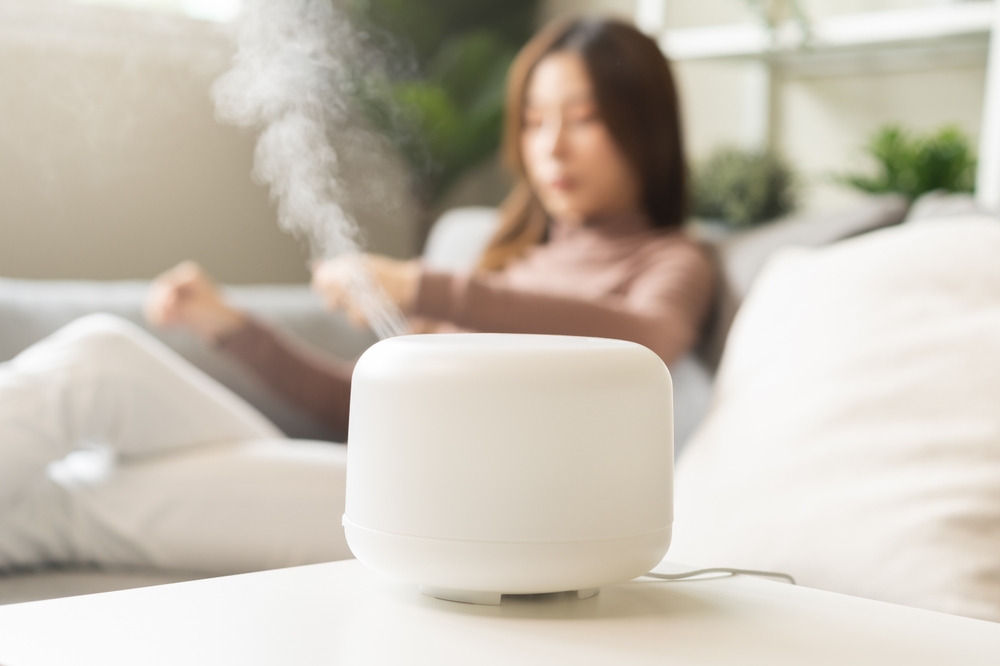
7. Stay Warm and Cozy
When the air in your home is dry, it can feel colder than it actually is. This often leads to turning up the thermostat, which increases your energy bills. However, a humidifier can help you save money by making your home feel warmer at lower temperatures.
By adding moisture to the air, a humidifier increases the thermal conductivity of the air, meaning it feels warmer even when the temperature is lower. This allows you to lower your thermostat settings without sacrificing comfort, ultimately saving you money on your heating bills. It’s a win-win situation—your home stays cozy, and you keep more money in your pocket.
8. Choose the Right Humidifier for Your Home
When it comes to choosing a humidifier, there are several options to consider. The most common types include evaporative, ultrasonic, and steam vaporizers, each with its own set of advantages. It’s important to choose a humidifier that suits your specific needs and the size of the space you want to humidify.
Evaporative humidifiers are reliable and relatively low-maintenance, using a fan to blow air through a wet wick. Ultrasonic humidifiers are known for their quiet operation and energy efficiency, making them ideal for bedrooms. Steam vaporizers, which heat water to create steam, are effective at killing bacteria and can be especially beneficial for relieving cold symptoms.
No matter which type you choose, look for a humidifier with adjustable humidity settings, an automatic shut-off feature, and easy-to-clean components. This will ensure that your humidifier is both effective and convenient to use throughout the winter season.
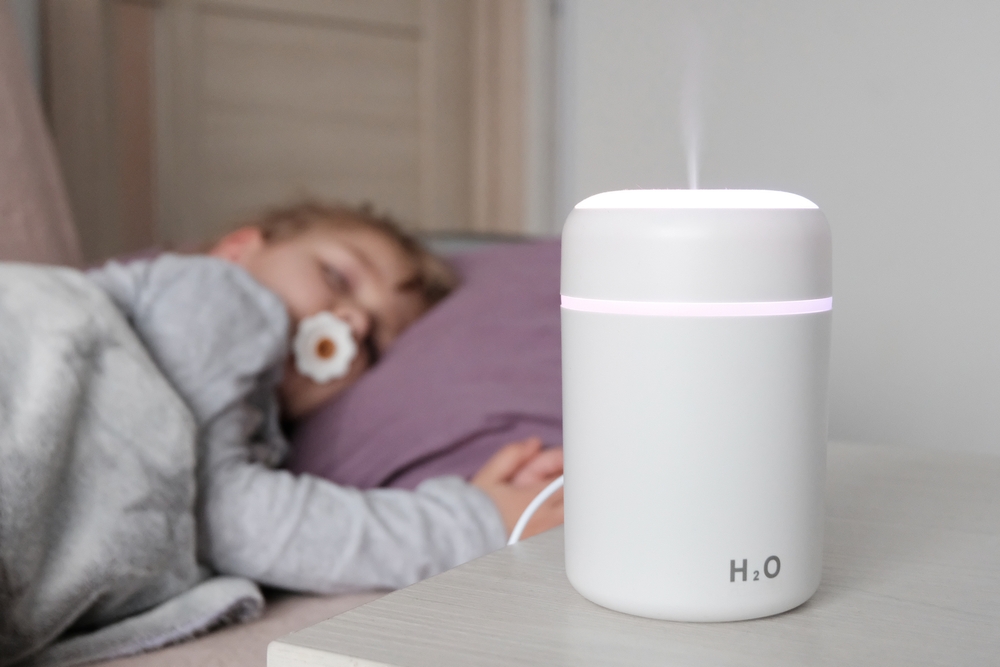
9. Maintain Your Humidifier for Long-Lasting Benefits
To get the most out of your humidifier, regular maintenance is essential. Over time, mineral deposits and bacteria can build up inside the device, reducing its efficiency and potentially leading to the growth of mold or mildew. Regular cleaning will help ensure that your humidifier continues to operate effectively and provides the benefits you need.
Most humidifiers require weekly cleaning with a mild detergent or a solution of vinegar and water to remove any buildup. Some models also have replaceable filters that should be changed regularly. By keeping your humidifier clean, you can enjoy long-lasting benefits and a healthier home environment.
As the cold weather arrives, it’s time to prepare your home for the challenges that come with it. A high-quality humidifier is an essential tool for maintaining a comfortable and healthy living environment during the winter months. From protecting your health and skin to preserving your furniture and saving on energy bills, the benefits of a humidifier are numerous.
By choosing the right humidifier and maintaining it properly, you can enjoy a warmer, more comfortable home and a healthier winter season. Don’t wait until the cold weather sets in—invest in a high-quality humidifier today and experience the difference it can make.
Frequently Asked Question
Winter air tends to be dry, especially with indoor heating. A humidifier adds moisture to the air, preventing dry skin, irritated sinuses, and other issues caused by low humidity.
Aim for 30% to 50% humidity. Below 30% is too dry, while above 50% can promote mold and dust mites.
Dry skin, static electricity, nosebleeds, cracked furniture, and respiratory discomfort are common indicators of low humidity.
Yes, it can ease symptoms like dry throat, stuffy nose, and dry eyes, making breathing easier during colds or allergies.
Place it in the room you spend the most time in, like the bedroom or living room. Keep it on a flat surface, away from electronics and direct sunlight.
Clean the humidifier every 3 days to a week to prevent mold, mildew, and bacteria growth. Always follow the manufacturer’s instructions.

